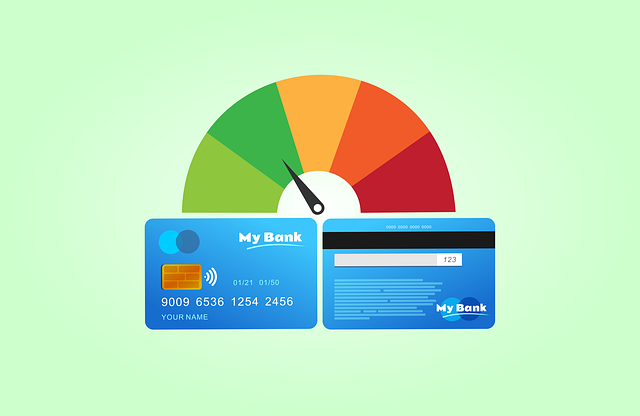The growing title loan industry caters to consumers seeking quick cash, with borrowers using vehicle titles as collateral. Physical and online lenders offer speed and shorter terms, but varying interest rates and repayment options pose risks. Consumer protection agencies ensure fair lending practices, educate borrowers, and monitor loan providers to prevent predatory loans. Balancing consumer access to credit with regulation is key, emphasizing transparent practices, clear communication, and borrower education for industry sustainability.
As the title loan industry continues its steady growth, consumer protection becomes increasingly critical. This article delves into the rising trend of title loans, highlighting the key roles played by consumer watchdog organizations in monitoring this sector. We explore their efforts to safeguard borrowers and discuss regulatory challenges, emphasizing the shared responsibility between regulators and lenders for ensuring fair practices within the title loan industry growth.
- Rise of Title Loans: An Overview
- Consumer Protection: Key Watchdog Roles
- Regulatory Challenges and Industry Responsibilities
Rise of Title Loans: An Overview

In recent years, the title loan industry has experienced a significant surge in growth, attracting consumer interest across various demographics. This trend is particularly notable among individuals seeking rapid access to cash, often for unforeseen expenses or emergency financial needs. The appeal of title loans lies in their simplicity and speed; borrowers can secure funding by using their vehicle’s title as collateral, with repayment typically structured over a shorter period compared to traditional loans.
This rise in popularity has led to an expanding market, with numerous lenders entering the space, including both brick-and-mortar establishments and online platforms. While convenient, it’s essential for consumers to understand the implications of such short-term lending practices. Factors like interest rates, repayment options (including flexible terms and semi truck loans), and maintaining vehicle ownership during the loan period require careful consideration. Consumers must be adept at navigating these options to ensure a positive experience without falling into potential debt traps.
Consumer Protection: Key Watchdog Roles

Consumer protection is a crucial aspect of regulating the title loan industry’s growth. Key watchdog roles involve ensuring fair lending practices and safeguarding consumers from predatory loans. These watchdogs, often non-profit organizations or government agencies, conduct thorough investigations into loan providers, monitoring their operations and compliance with regulations. They analyze loan agreements, interest rates, and terms to ensure they are transparent and reasonable, protecting borrowers from hidden fees and exploitative clauses.
By scrutinizing loan eligibility criteria, payment plans, and vehicle inspection procedures, these watchdogs hold lenders accountable for their actions. They educate consumers about their rights and provide resources to help them make informed decisions. This proactive approach not only prevents financial harm but also fosters a more transparent and trustworthy title loan industry, enabling borrowers to access much-needed funds without unnecessary risks.
Regulatory Challenges and Industry Responsibilities

The rapid growth of the title loan industry presents both opportunities and challenges. One of the primary regulatory hurdles is ensuring consumer protection while maintaining access to credit for those in need. As this sector expands, so does the complexity of monitoring and regulating it. Traditional lending models often rely on robust credit checks and clear repayment structures, but title loans, secured by a borrower’s vehicle equity, introduce unique variables. Lenders must offer flexible payments that align with borrowers’ financial capabilities to prevent defaults and repossessions, which can have severe consequences for individuals and their families.
The industry bears the responsibility of promoting transparent and fair practices. This includes providing clear information about interest rates, fees, and potential risks associated with title loans. Educating borrowers about their rights and available repayment options is vital. Repayment structures should be tailored to individual needs, offering flexible terms to ensure borrowers can manage their payments without falling into a cycle of debt. By embracing these practices, the title loan industry can foster trust while addressing regulatory challenges, ultimately contributing to its long-term sustainability and consumer satisfaction.
As the title loan industry continues its rapid growth, consumer watchdogs play a pivotal role in ensuring fair practices and protecting borrowers. By closely monitoring market trends and regulatory changes, these organizations can help mitigate potential risks associated with this lucrative but complex sector. Balancing industry expansion with robust consumer protection is essential to fostering a sustainable and ethical title loan environment.






